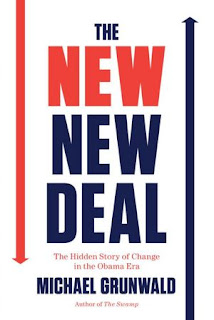From her Q & A with Lauren Katz for the Washington Independent Review of Books:
You have experience in police work, as a prosecutor, and you are a professor of criminal law at Hofstra Law School. How did you decide to start writing novels? Was it your experience in law that encouraged that decision? Or something else entirely?Visit Alafair Burke's website and blog.
Yes, it was very much my experience at the District Attorney’s Office that brought me to writing. I was reading two or three crime novels a week. At one point, I realized that I spent every day at work in an atmosphere I really didn’t see portrayed in crime fiction. Lawenforcement is a separate culture, but every city’s a little different. By the time I left the D.A.’s Office in Portland, I knew the feel and the sound and the voice of that city’s courthouse and police cultures. I knew I had the material for a book. I spent years thinking about a possible story, but it wasn’t until I left the D.A.’s Office and had a summer off to study for the New York Bar Exam that I decided to start writing. It turns out that making stuff up is a lot more fun than studying for a bar exam. By the end of the summer, I passed the New York bar and had about a third of a book finished.
The sequence of events in Never Tell seemed extremely realistic. I could see why each change in the case occurred and how it led to a new conclusion. Were the events in Never Tell based on your own life experiences in the field of law? How did you get the idea?
Sometimes ideas have come from real-life cases. Other times from a character whose voice starts to dominate my imagination. In the case of Never Tell, the idea started with a desire to explore a certain privileged slice of youth culture. As a law professor, I hear stories from my students about the incredible pressures they are under to succeed. At the same time, they’ve often been raised being told that everyone is above average, nothing is ever their fault, and that there’s always a ready fix to every problem. Increasingly, the ready fix comes from prescription drugs. So I knew I wanted the next Ellie Hatcher book to pull her into the world of extremely privileged, overly precocious, underparented New York City prep school students.
I also wanted the book to be about Ellie Hatcher. That sounds like a dumb thing to say since it’s obviously an Ellie Hatcher novel and she’s the lead investigator. But I didn’t want her to be merely the investigator. I wanted the case to...[read on]
The Page 69 Test: Dead Connection.
The Page 69 Test: Angel’s Tip.
The Page 69 Test: 212.
Writers Read: Alafair Burke.
--Marshal Zeringue




























